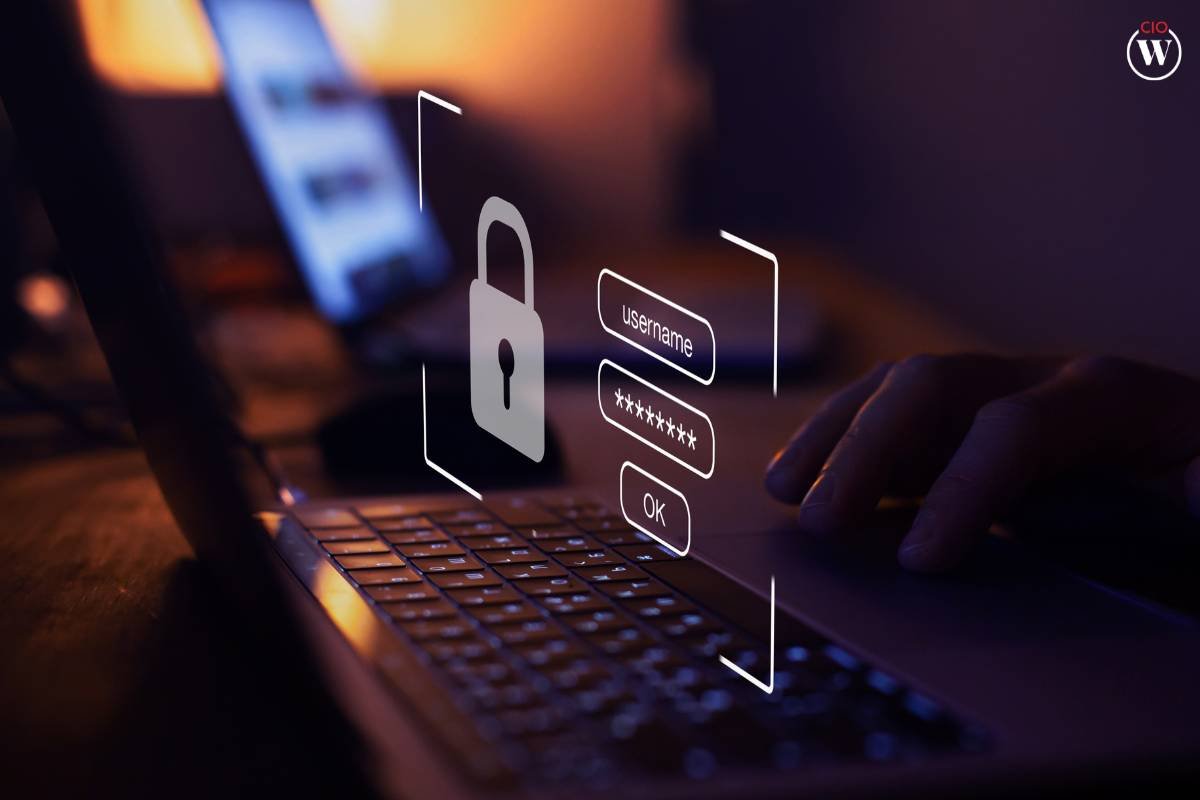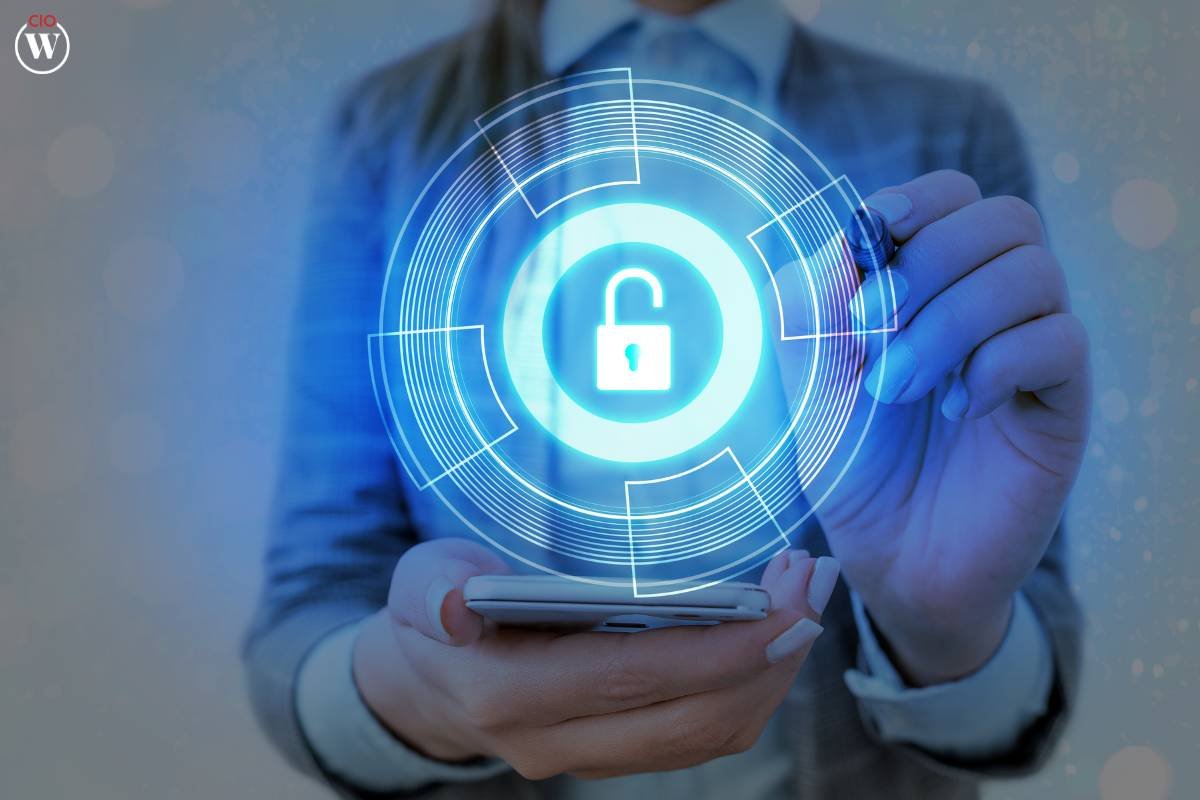In an era marked by remote work and digital connectivity, cybersecurity stands as a paramount concern for organizations and individuals alike. As more employees transition to remote work arrangements, the need for robust cybersecurity measures for remote workers has never been more critical. From safeguarding sensitive data and protecting against cyber threats to ensuring compliance with regulatory requirements, organizations must prioritize cybersecurity to mitigate risks and safeguard their digital assets. In this comprehensive guide, we explore essential cybersecurity measures for remote workers, offering practical strategies and best practices to enhance security in the remote work environment.
Here are some Cybersecurity Measures For Remote Workers:
1. Securing Remote Connections
One of the primary cybersecurity measures for remote workers is securing remote connections to corporate networks and systems. Remote workers should use virtual private networks (VPNs) to encrypt data transmitted over public networks, preventing unauthorized access and eavesdropping by cybercriminals. Additionally, organizations can implement multi-factor authentication (MFA) to add an extra layer of security, requiring remote workers to provide multiple forms of verification before accessing corporate resources.
2. Implementing Endpoint Security Solutions
Endpoint security solutions play a crucial role in protecting remote devices such as laptops, tablets, and smartphones from malware, viruses, and other cyber threats. Remote workers should install and regularly update antivirus software, firewalls, and anti-malware programs to detect and block malicious activities. Furthermore, organizations can leverage endpoint detection and response (EDR) solutions to proactively monitor and mitigate security incidents on remote devices, ensuring timely threat detection and response.
3. Enforcing Strong Password Policies

Effective password management is essential for enhancing cybersecurity among remote workers. Organizations should enforce strong password policies requiring remote employees to create complex passwords that are difficult to guess or brute-force. Passwords should be regularly updated, and employees should refrain from using the same password across multiple accounts or sharing passwords with unauthorized individuals. To further enhance security, organizations can implement password management tools and solutions to securely store and manage passwords.
4. Educating Remote Workers on Cybersecurity
Best Practices Cybersecurity awareness and training are essential components of any comprehensive cybersecurity strategy for remote workers. Organizations should provide remote employees with regular training sessions and educational resources on cybersecurity best practices, including identifying phishing emails, avoiding social engineering attacks, and recognizing signs of malware infection. By empowering remote workers with the knowledge and skills to identify and respond to cyber threats, organizations can strengthen their overall security posture and reduce the risk of security breaches.
5. Securing Remote Collaboration Tools
With the widespread adoption of remote collaboration tools such as video conferencing platforms, messaging apps, and file-sharing services, organizations must ensure the security of these tools to protect sensitive information and communication channels. Remote workers should use secure, encrypted communication platforms approved by the organization, and organizations should implement access controls and encryption measures to prevent unauthorized access to sensitive data. Additionally, remote workers should be cautious when sharing sensitive information or files via collaboration tools and verify the identity of participants before engaging in sensitive discussions or sharing confidential data.
6. Monitoring and Auditing Remote Access

Effective monitoring and auditing of remote access activities are essential for detecting and responding to security incidents in real-time. Organizations should implement logging and monitoring solutions to track remote access activities, including login attempts, file transfers, and system modifications. Regular audits of remote access logs and activity reports can help identify anomalous behavior and potential security breaches, enabling organizations to take proactive measures to mitigate risks and strengthen security controls.
7. Backing Up Data Regularly
Data backup and recovery are critical components of a robust cybersecurity strategy for remote workers. Organizations should implement automated backup solutions to regularly back up critical data and files stored on remote devices, ensuring that data can be quickly restored in the event of a security incident or data loss event. Remote workers should be educated on the importance of data backup and instructed to store important files on secure, cloud-based storage platforms with built-in backup and recovery capabilities.
8. Enforcing Device Security Policies

Device security policies play a vital role in mitigating security risks associated with remote work environments. Organizations should establish clear policies and guidelines for remote device usage, including requirements for device encryption, operating system updates, and application whitelisting. Remote workers should adhere to these policies and take proactive measures to secure their devices, such as enabling device encryption, installing security updates promptly, and avoiding the use of unauthorized software or applications.
9. Conducting Regular Security Assessments
Regular security assessments and vulnerability scans are essential for identifying and addressing security weaknesses in remote work environments. Organizations should conduct periodic assessments of remote access infrastructure, endpoints, and network configurations to identify potential security vulnerabilities and gaps in security controls. By proactively addressing identified vulnerabilities and implementing remediation measures, organizations can reduce the risk of security breaches and strengthen their overall cybersecurity posture.
10. Establishing Incident Response Plans
Despite the best preventive measures, security incidents may still occur in remote work environments. Therefore, organizations must establish robust incident response plans to effectively detect, respond to, and recover from security incidents. Incident response plans should outline clear procedures for reporting security incidents, activating response teams, containing the impact of incidents, and restoring normal operations. Remote workers should be trained on their roles and responsibilities during security incidents and participate in regular incident response drills to ensure readiness and effectiveness.
Conclusion
In conclusion, cybersecurity measures for remote workers are essential for protecting organizations against cyber threats and safeguarding sensitive data in today’s remote work environment. From securing remote connections and implementing endpoint security solutions to enforcing strong password policies and educating remote workers on cybersecurity best practices, organizations must adopt a multi-layered approach to cybersecurity to mitigate risks effectively. By prioritizing cybersecurity and investing in robust security measures, organizations can ensure the confidentiality, integrity, and availability of their data and systems, thereby enabling remote workers to work securely and productively from anywhere.









